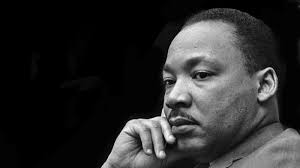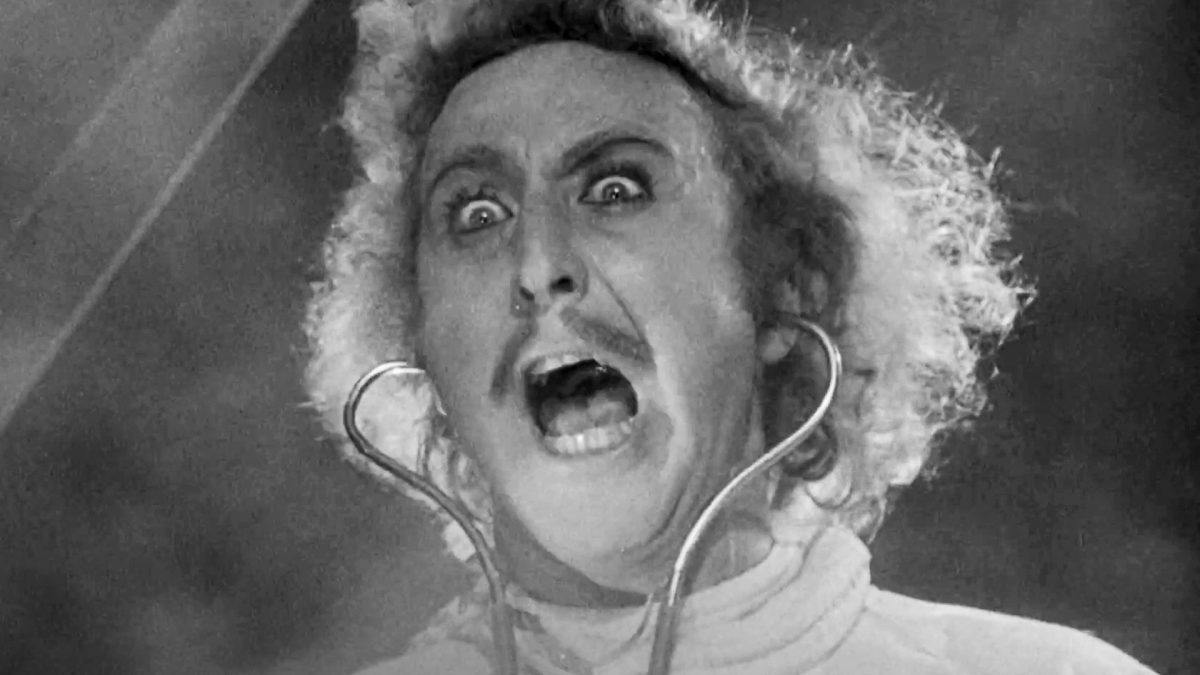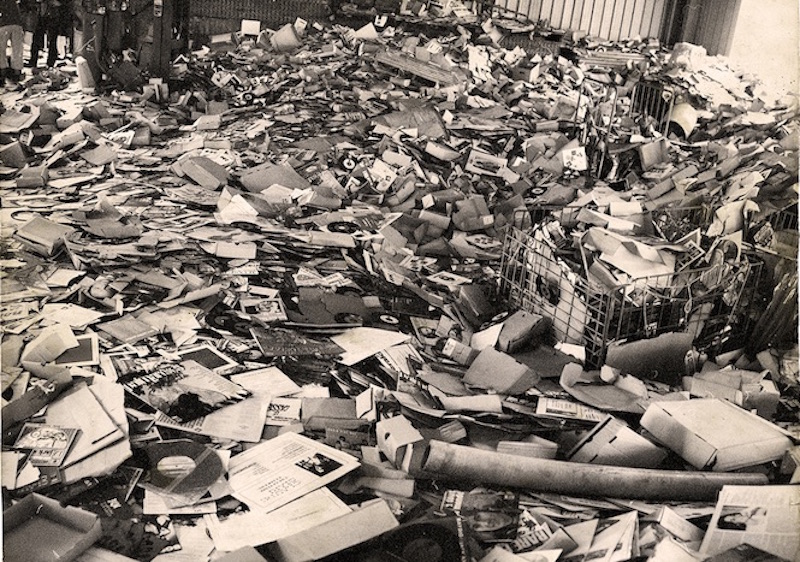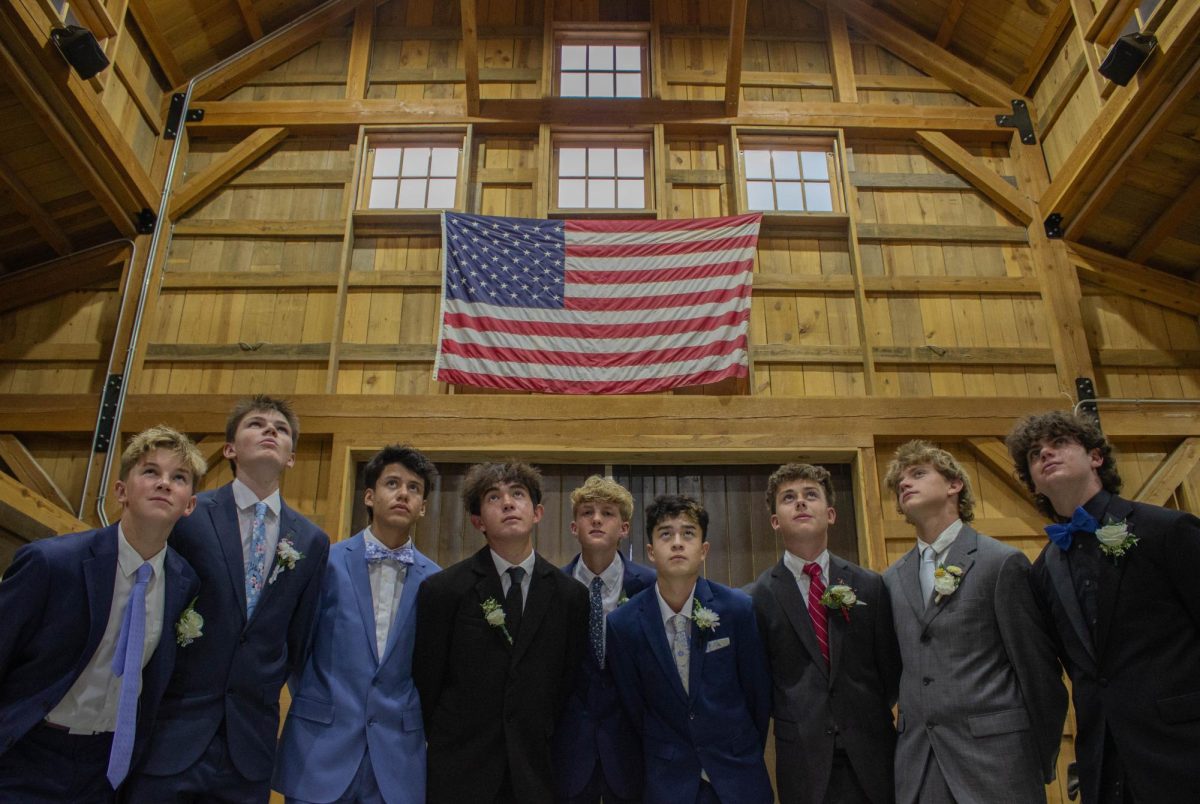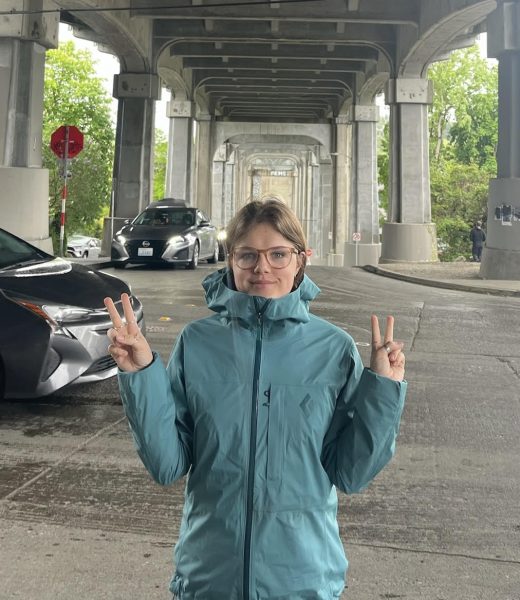In 1963, Dr. Martin Luther King Jr. visited one of America’s most segregated cities, Birmingham, Alabama. The people of Birmingham had been boycotting white-owned businesses for months trying to fight inequality. Exhausted from constant effort without any results, King and others decided to protest more directly by ignoring a recent city ordinance that prohibited public gatherings without a permit. King was arrested and thrown into solitary confinement at Birmingham Jail. He refused bail from willing supporters as a demonstration of the inequalities black Americans faced. King’s friend smuggled him a copy of the local newspaper which included an open letter written by eight religious leaders criticizing the demonstrations of the Civil Rights Movement and King himself. His response written in the margins of this newspaper became one of the greatest pieces of American literature, the Letter From Birmingham Jail.
King takes time to answer these questions with patience and kindness. They asked King why he didn’t wait and simply, “give the city administration time to act” instead of using direct action. To this, he eloquently responds, “We know through painful experience that freedom is never voluntarily given by the oppressor; it must be demanded by the oppressed… For years now I have heard the word “Wait!” It rings in the ear of every Negro with piercing familiarity. This “Wait” has almost always meant “Never.” We must come to see, with one of our distinguished jurists, that “justice too long delayed is justice denied.”
We look back at King’s tactics and see them as effective with the benefit of hindsight. King did what he needed to do for the movement at that time in history and we know now that his methods were successful and regard him as the visionary and courageous hero he was. It’s important to remember that many people, like the eight religious leaders opposed to King’s actions, hid their discomfort with his movement behind the excuse of wanting peace and an organized bureaucratic process over direct action. In honor of King’s legacy, we should all take time to reflect on how we would respond to Martin Luther King Jr.’s civil disobedience.




